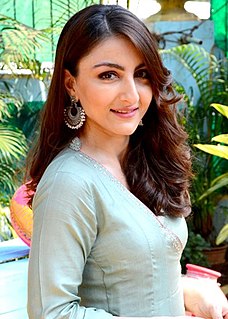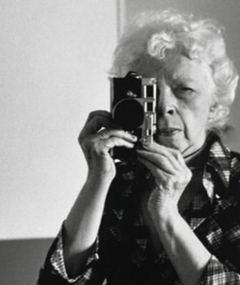A Quote by Clint Eastwood
The innocence of childhood is like the innocence of a lot of animals.
Related Quotes
The innocence of those who grind the faces of the poor, but refrain from pinching the bottoms of their neighbour's wives! The innocence of Ford, the innocence of Rockefeller! The nineteenth century was the Age of Innocence--that sort of innocence. With the result that we're now almost ready to say that a man is seldom more innocently employed than when making love.
There are no moments more painful for a parent than those in which you contemplate your child's perfect innocence of some imminent pain, misfortune, or sorrow. That innocence (like every kind of innocence children have) is rooted in their trust of you, one that you will shortly be obliged to betray; whether it is fair or not, whether you can help it or not, you are always the ultimate guarantor or destroyer of that innocence.
I felt I had a very innocent childhood and I feel privileged by that. But as an adult, I know that there were people who didn't have that. There are a lot of teens who haven't had as easy a childhood as me, and having literature that explores these "darker" parts helps relieve the burden and stress they may be feeling. As a writer, there is often a temptation to draw back when we write for teens - to preserve their innocence. But the reality is, if someone has already had that innocence taken in their life, then not writing about it is just brushing it under the rug.
I know you have the capability to understand right from wrong because you hate people who harm children. Well, why not despise people who harm animals? It's hypocritical! Why protect one and violate the other when neither one wants or deserves the abuse? They just wish it would end. Stop praising the innocence in children then ignoring or making fun of the innocence in animals.




































